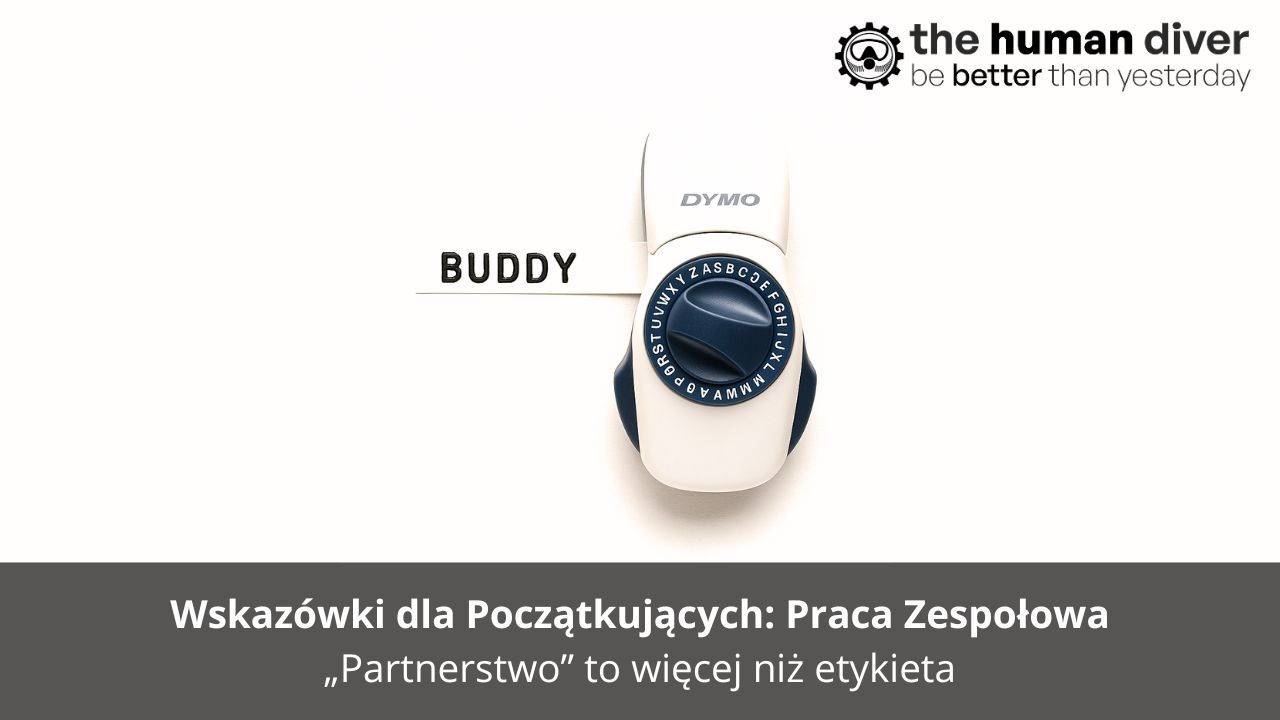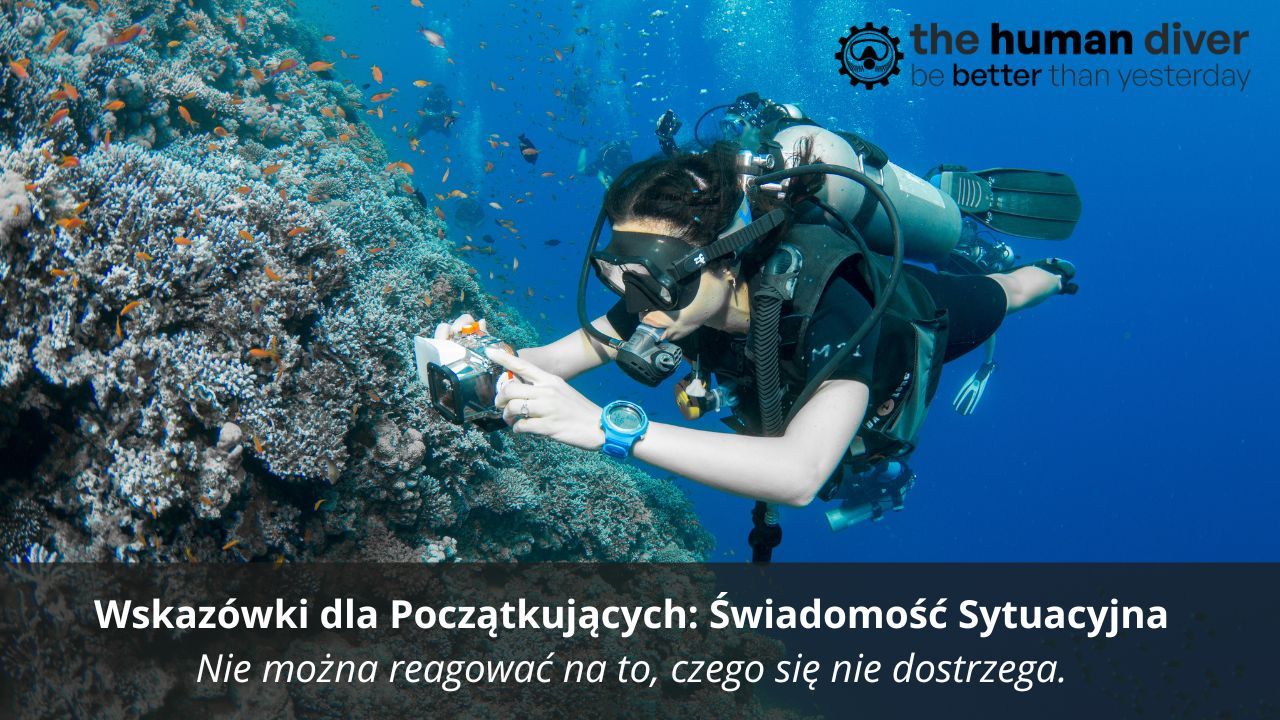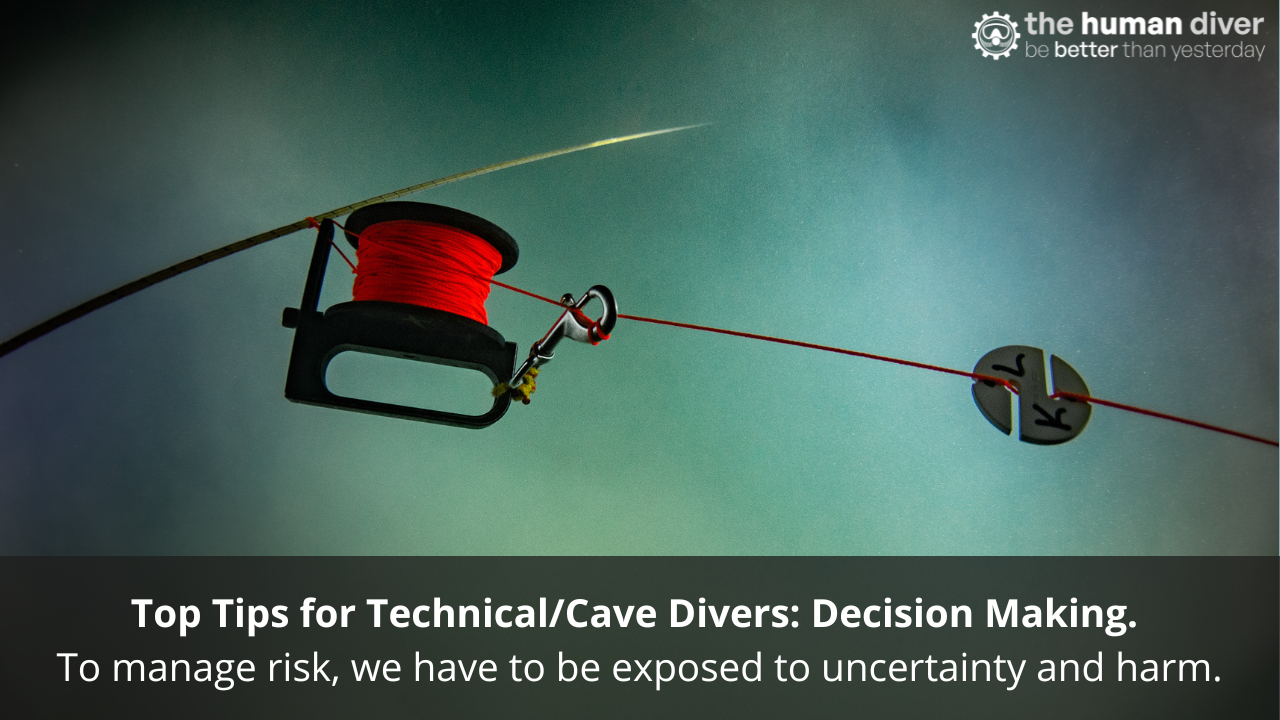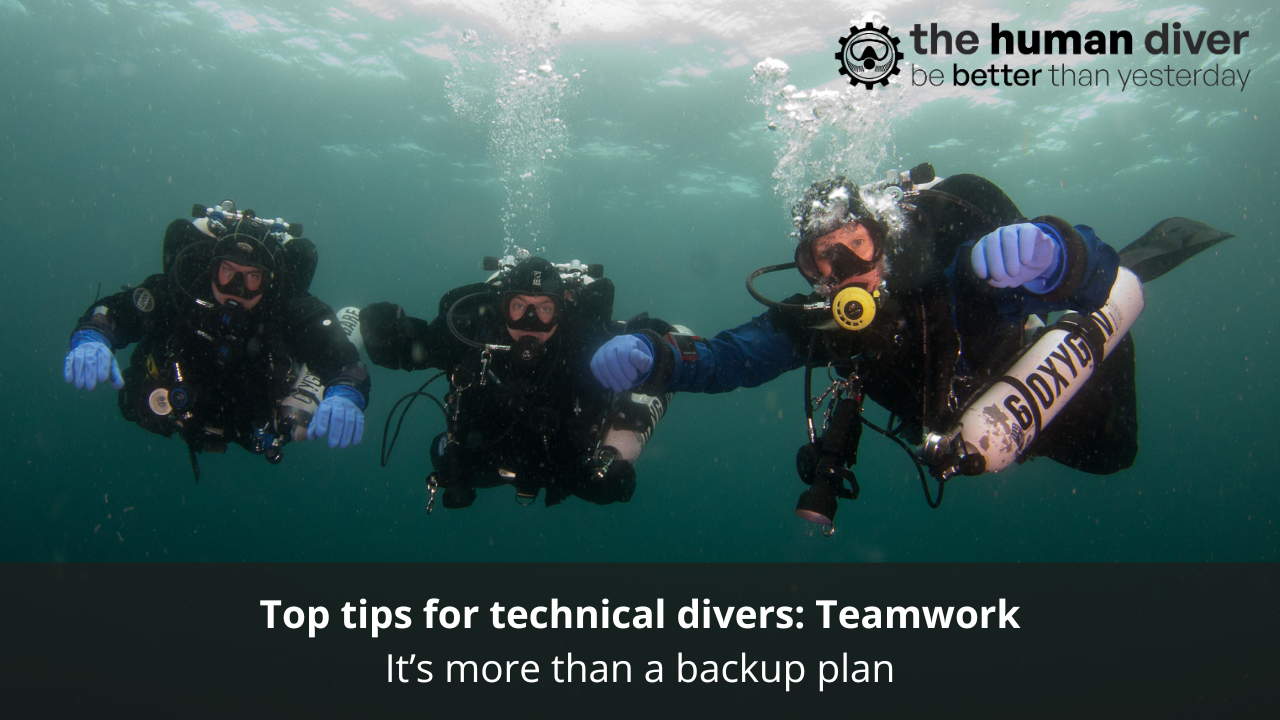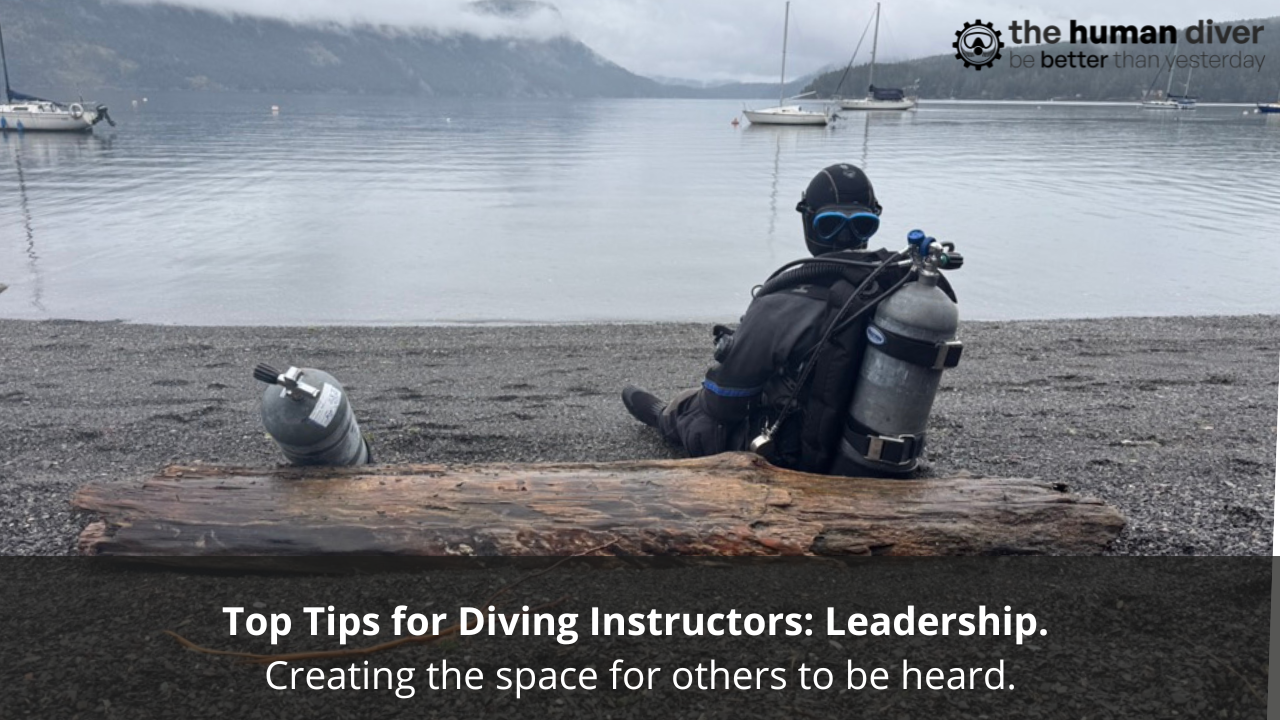
How do novices know what questions to ask?
May 01, 2024Last week I discussed what we mean by “experience”. Experience is important for divers as it allows us to build models of different situations which we can then draw on to make decisions or problem solve in the future. Experience in a wide range of areas gives us the opportunity to creatively problem solve; by using patterns that aren’t identical, just similar, in order to apply to the current situation. Experience in a depth of areas (doing a similar activity over and over again) can make our decision making faster, as it becomes an automatic procedure. When people have more experience, the holes in their knowledge become apparent and they can work to fill them in. But what about novices? How do they know what is missing?
This ties in in part to this blog. When someone is learning a new subject, they need guidance to start to build foundational knowledge or skills. Most new divers wouldn’t know to ask “is it ok to hold my breath?”, they need to be told it, and to understand it they need to have the reasons explained to them. This is one of the difficulties in learning any new subject or activity, we don’t know what we don’t know.
Joseph Luft and Harrington Ingham came up with a framework to describe what we and others know. This was originally applied to psychology and looked at people but in this context we’ll use it to apply to knowledge or skills. It looks like this:
The Arena is the visible bit- those are the skills that we know and other people can see that we know.
The Facade are the things that either we know that others don’t know we know, or things that we think we know, that others don’t believe to be the case. This might be subjective things like buoyancy. I might believe I have great buoyancy but my buddy who’s been watching me bounce off the sand all dive may think otherwise.
The Blind Spot is area we can’t see for ourselves. We might be really good at planning dives but not realise that we’re any better than others.
Finally we have the Unknown. This is for behaviours or skills we don’t know we’re capable of, or knowledge we didn’t realise we had, that others also aren’t aware of. You know those times where a sudden random piece of information comes to hand that you surprise everyone with, or suddenly excel at something you didn’t know you could do? That’s the Unknown.
Donald Rumsfeld gave a famous speech about Iraq when he talked about the “unknown unknowns”. He was talking about the subjects, skills or knowledge we don’t know exist, as opposed to the “known unknowns” which are the gaps in our skills or knowledge. This is the problem learners face, there are many unknown unknowns.
This leads to a tricky problem- how does a novice know what questions to ask? How are they supposed to see the risks if they’ve never been taught or experienced them before? The simple answer is curiosity. By being curious, we can learn information or skills that are relevant. We’ll probably learn about other stuff that isn’t, but those are the bits that filter into the “Unknown” box and appear at an unexpected time! Curiosity about skills and knowledge is good, but we should also be curious about where we’re getting information from. What is the quality of it? Asking random people on the internet might provide us with answers but are they the right ones? If we’re curious, we can learn who are the real experts and know that we can trust the information or skills that they pass on. We also learn to fact check information we are given, and see other people’s opinions of how things should be done. The same goes when we’re choosing who is going to teach us. By being curious about our instructors and finding out about their teaching experience, style, expectations, history of teaching and abilities we can decide who is the best person for us.
Being curious doesn’t mean we’ll ask the right questions, or learn everything there is to know. What it does mean is that we will start to understand more and learn what sources to use to find out even more information. By questioning things we are also more likely to remember more. The best question we ask for learning is Why? When we understand the reasons behind doing a skill, a configuration of equipment, a way of dive planning or anything else, it is not only easier to remember but also means we can start to understand when it is appropriate to do something different. Novices are normally expected to follow rules because they don’t have the experience or knowledge to do otherwise. If we’ve found out the reason behind the rule, then we can see there may be times when it’s not appropriate to blindly follow it. Combine that with a length and breadth of experience and we will find ourselves able to work with the people who have set the rules and adapt them where needed.
We are only likely to find the gaps in our knowledge or skills when we need that information. In this paper David Snowden states that “We only know what we know when we need to know it; that is human knowledge is deeply contextual – it is triggered by circumstance.” We can’t possibly keep everything we know at the front of our minds forever, our brains simply don’t work that way. That’s why once we have learnt something, it’s important to go back to it every now and again, whether that’s knowledge such as understanding DCS or dive planning, or skills like mask removal or rescue skills.

Jenny is a full-time technical diving instructor and safety diver. Prior to diving, she worked in outdoor education for 10 years teaching rock climbing, white water kayaking and canoeing, sailing, skiing, caving and cycling, among other sports. Her interest in team development started with outdoor education, using it as a tool to help people learn more about communication, planning and teamwork.
Since 2009 she has lived in Dahab, Egypt teaching SCUBA diving. She is now a technical instructor trainer for TDI, advanced trimix instructor, advanced mixed gas CCR diver and helitrox CCR instructor.
Jenny has supported a number of deep dives as part of H2O divers dive team and works as a safety diver in the media industry.
If you'd like to deepen your diving experience, consider taking the online introduction course which will change your attitude towards diving because safety is your perception, visit the website.
Want to learn more about this article or have questions? Contact us.


